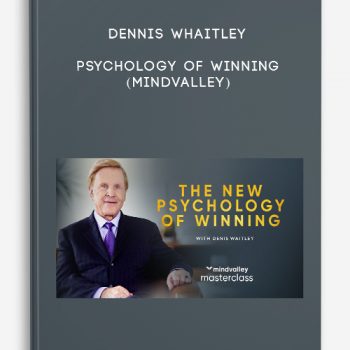
Alan Watts – OUT OF YOUR MIND
Description
In order to come to your senses, Alan Watts often said, you sometimes need to go out of your mind. Perhaps more than any other teacher in the West, this celebrated author, former Anglican priest, and self-described spiritual entertainer was responsible for igniting the passion of countless wisdom seekers to the spiritual and philosophical delights of Asia and India.
Now, with Out of Your Mind: Essential Listening from the Alan Watts Audio Archives, you are invited to immerse yourself in 12 of this legendary thinker’s pinnacle teaching sessions about how to break through the limits of the rational mind, and begin expanding your awareness and appreciation for the Great Game unfolding all around us.
Carefully selected from hundreds of recordings by Alan Watts’ son and archivist, Mark Watts, Out of Your Mind brings you six complete seminars that capture the true scope of this brilliant teacher in action. On these superb, digitally restored recordings, you will delve into Alan Watts’ favorite pathways out of the trap of conventional awareness, including:
- The art of the controlled accident—what happens when you stop taking your life so seriously and start enjoying it with complete sincerity
- How we come to believe the myth of myself that we are skin-encapsulated egos separate from the world around us, and how to transcend that illusion
- Why we must fully embrace chaos and the void to find our deepest purpose
- Unconventional and refreshing insights into the deeper principles of Buddhism, Hinduism, and Western philosophy, plus much, much more
Self Help – Self Help online course
More information about Self Help:
Self-help or self-improvement is a self-guided improvement—economically, intellectually, or emotionally—often with a substantial psychological basis.
Many different self-help group programs exist, each with its own focus, techniques, associated beliefs, proponents and in some cases, leaders.
Concepts and terms originating in self-help culture and Twelve-Step culture, such as recovery, dysfunctional families, and codependency have become firmly integrated in mainstream language.
Self-help often utilizes publicly available information or support groups, on the Internet as well as in person, where people in similar situations join together.
From early examples in self-driven legal practice and home-spun advice, the connotations of the word have spread and often apply particularly to education, business,
psychology and psychotherapy, commonly distributed through the popular genre of self-help books.
According to the APA Dictionary of Psychology, potential benefits of self-help groups that professionals may not be able to provide include friendship,
emotional support, experiential knowledge, identity, meaningful roles, and a sense of belonging.












Lord –
This is Digital Download service, the course is available at Coursecui.com and Email download delivery.